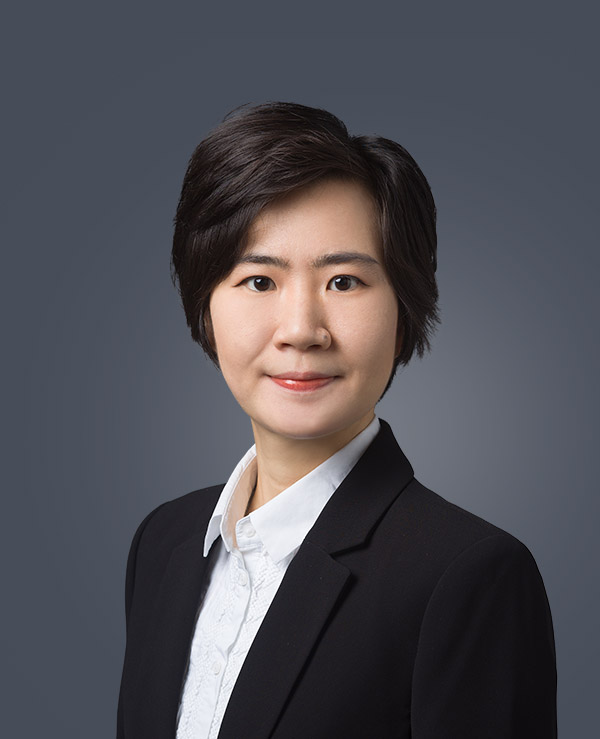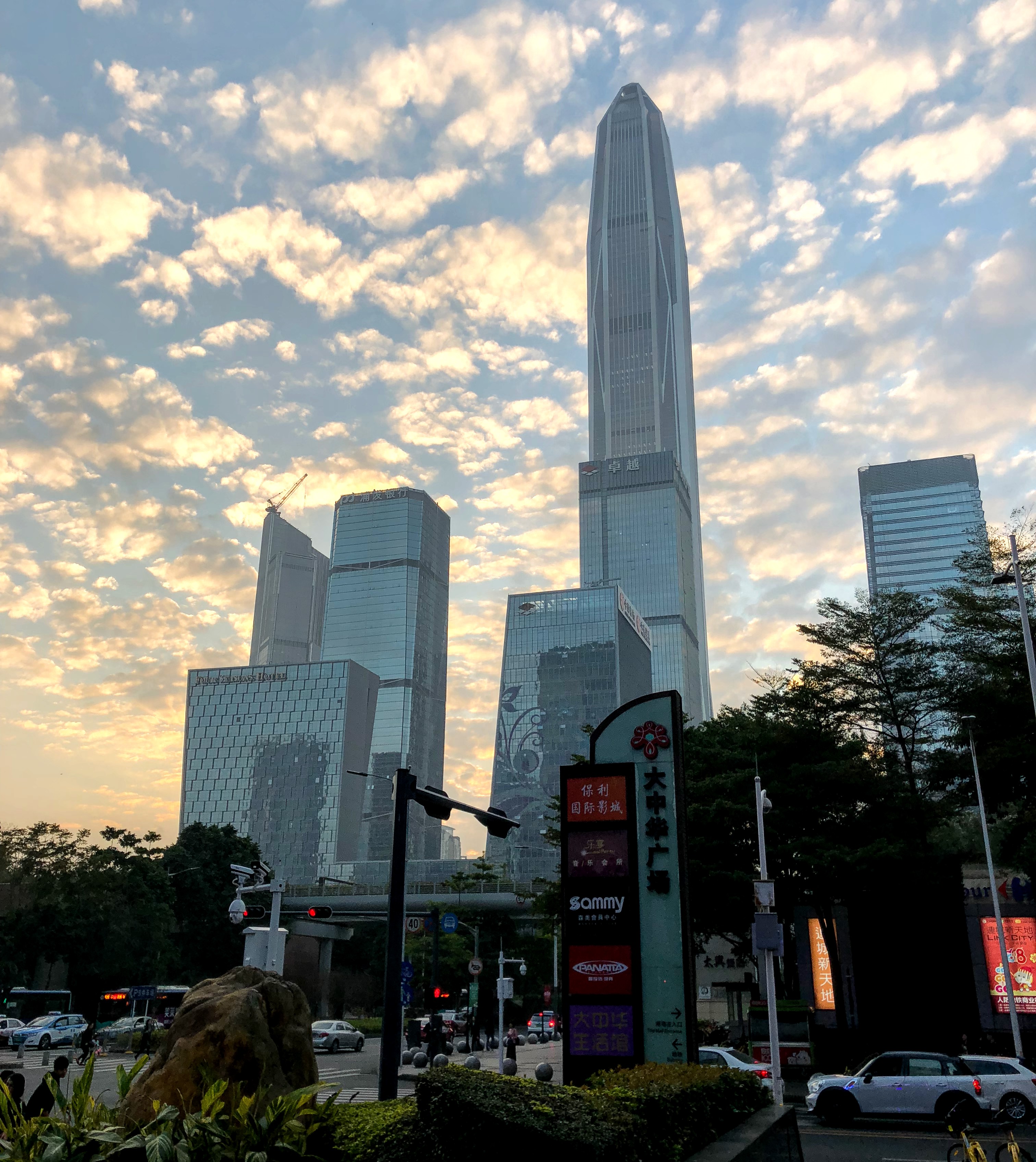Since the publication of our earlier article about China signing onto the Hague Agreement, some of our Hong Kong clients have expressed interest in taking advantage of the Hague international design application system, i.e., filing a Hague international design application with the CNIPA (Chinese National Intellectual Property Administration) as a receiving office (RO).
Up until this moment, the World Intellectual Property Organization (WIPO) and the CNIPA[1] have been silent on whether a Hong Kong design applicant without a habitual residence or business office in mainland China would be eligible to file a Hague international design application with the CNIPA as a RO.
We recently brought this matter forward to the CNIPA. The CNIPA confirmed that Hong Kong applicants without a habitual residence or business office in mainland China are not eligible to file such type of application with the CNIPA.
A Hague application currently does not cover Hong Kong nor Macao
Although China is included in the current list of the contracting parties of the Hague Agreement, Hong Kong SAR and Macao SAR – both separate jurisdictions having distinct Basic Laws from the People Republic of China – are not included.
This means that Hong Kong and Macao design applicants must file independent design applications in these two regions.
Despite the current situation, things may change in the future. China’s “instrument of accession” (legal document indicating China’s agreement to join the Hague Agreement) provides room for change, stating that the current situation stands “until otherwise notified by the Government of the People’s Republic of China”[2]. This means that China has already included provisions allowing it to provide notification of changes regarding Hong Kong and Macao in the future.
Stay tuned for more upcoming articles about the other changes in the proposed Patent Examination Guidelines.
This article is for general informational purposes only and should not be considered legal advice or a legal opinion on a specific set of facts.
-
https://www.wipo.int/hague/en/
https://www.wipo.int/hague/memberprofiles/selectmember#/
https://www.wipo.int/hague/en/news/2022/news_0005.html
https://www.wipo.int/treaties/en/notifications/hague/treaty_hague_146.html
https://wipolex.wipo.int/en/treaties/ShowResults?search_what=C&treaty_id=9
https://www.cnipa.gov.cn/col/col2893/index.html
https://www.cnipa.gov.cn/art/2022/10/31/art_75_180016.html
https://www.cnipa.gov.cn/module/download/downfile.jsp?classid=0&showname=附件1:《专利审查指南修改草案(再次征求意见稿)》修改对照表.pdf&filename=dab071af523943b49eaf1114a84b6234.pdf ↑
-
https://www.wipo.int/hague/en/news/2022/news_0005.html ↑
About the Authors

Polly Wong is a Patent Trainee at Eagle IP, a Boutique Patent Firm with offices in Hong Kong, Shenzhen, and Macau.

Pauli Wong is a Principal and Chinese Patent Attorney at Eagle IP, a Boutique Patent Firm with offices in Hong Kong, Shenzhen, and Macau.

Jennifer Che, J.D. is Vice President, Principal, and a US Patent Attorney at Eagle IP, a Boutique Patent Firm with offices in Hong Kong, Shenzhen, and Macau.




